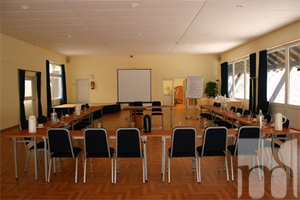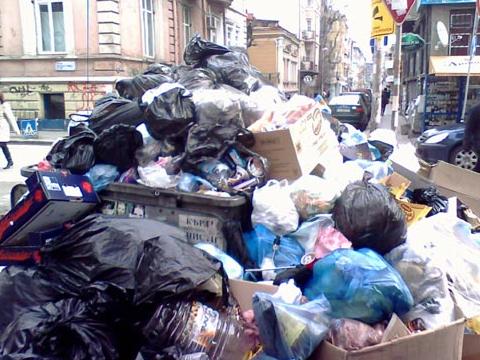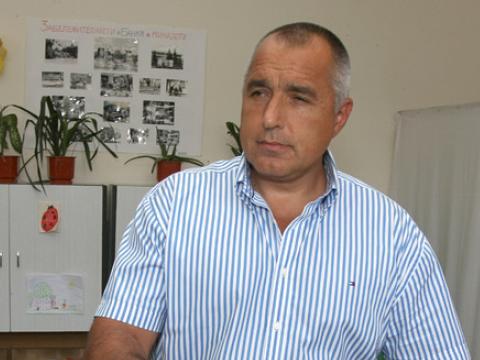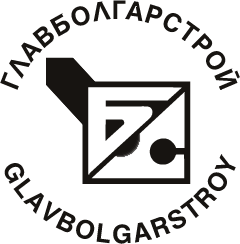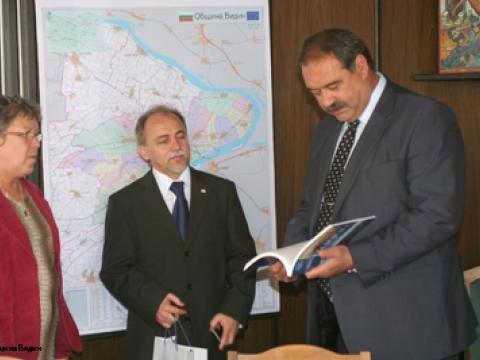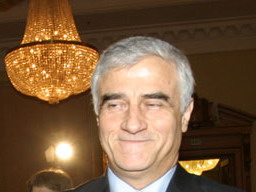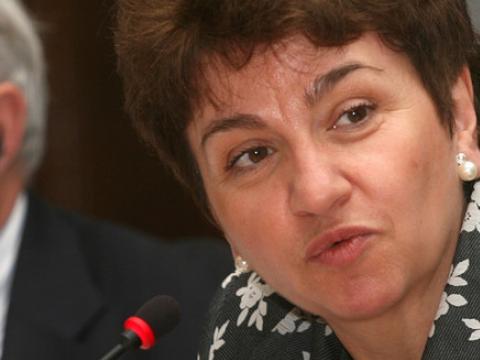Russian press: Russia to lose billions, fell into Bulgaria’s trap

Russia might end up losing billions as Bulgarian officials have become more and more vocal in questioning Bulgaria’s participation in the joint large-scale energy projects.
This is the lead of an article in the Russian Nezavisimaya Gazeta (“Independent Newspaper”) published Thursday under the title “Moscow Fell in the Bulgarian Trap”.
The article points out that if Bulgaria terminates its participation in the South Stream gas pipeline, the Burgas-Alexandroupolis oil pipeline, and freezes the Belene Nuclear Power Plant, this would seriously hurt Russia’s strategic plans to reduce its dependence on the Ukraine and Belarus in transiting energy resources, and to enter directly the EU energy market.
The deals for Bulgaria’s participation in the three large scale projects were negotiated by the former Prime Minister Sergey Stanishev, and the President Parvanov (both Socialists) in January 2008 during a much-celebrated visit of the then Russian President Vladimir Putin.
After Bulgaria’s new government of the right-wing GERB party and Prime Minister Boyko Borisov was sworn in on Monday, July 27, 2009, new Bulgarian officials have started to review the projects, and even to question their economic feasibility.
A representative of Atomstroyexport – the Russian company selected to construct the Belene Nuclear Plant – has declined to comment on what sanctions Bulgaria might suffer if it freezes or gives up the Belene project.
“Russian experts believe that in order to prevent the paralyzing of the important projects, Moscow will have to resort to serious concessions and additional expenditures, whose amount will not be clear until the very end, and will depend on the extent of Sofia’s stubbornness”, the Nezavisimaya Gazeta article states.
It quotes the Russian expert Mihail Kruhtihin as saying the Bulgarian position was extremely strong.
“On the one hand, it corresponds to the policy of the EU which is aimed at freeing itself from the monopoly of Gazprom and Moscow, on the other – it is not impossible that Sofia might be trying to achieve certain advantages in the negotiations. The previous Bulgarian government made concessions to Russia, however, the new authorities might require a revision of agreements that are not beneficial in their view. I do not rule out the possibility that at the end they might give up completely the Russian projects, at least the oil and gas pipelines”, Kruhtihin is quoted as saying.
He also points out that with these projects Gazprom went into an “adventure”; the Burgas-Alexandroupolis oil pipeline was supposed to circumvent the Bosphorus Straits, which are now open and empty; the South Stream gas pipeline, which is to go around the Ukraine, is probably going to cost EUR 20 B which makes a deal with the Ukrainian side a much simpler solution.
Another cited analyst – Alexandr Nazarov – believes that the two Russian pipeline projects in Bulgaria were totally unnecessary, and says he had solidarity with the Bulgarian position.
Alexandr Shtok, an expert from the Due Dilligence company, however, believes that the statements of Bulgarian officials might not be indicative; he pointed to Serbia as an example – while newly appointed Serbian officials made similar statements, they later fulfilled all previously negotiated agreements with Russia.
Shtok believes that Bulgaria had a lot to lose – both the annual oil and gas transit fees, and the promised EUR 4 B Russian government credit for the construction of the Belene NPP.



